Subgrantee Group
I Believe in Scientists: Source evaluation and the acceptance of scientific information in three epistemologically distinct populations
Principal Investigator: Hugh Turpin, University of Oxford
Cultural-evolutionary work suggests that context biases to preferentially attend to certain social sources rather than others can have a strong effect on the acceptance and transmission of representational content (Henrich & MacElreath, 2007; Boyd & Richerson, 2005). Such work claims that religious meaning-making systems, which involve supernatural entities that can be neither directly seen nor heard, are particularly reliant on such biases (Henrich, 2009). This research project will examine whether the same is true of scientific meaning-making systems, as these may also involve content that cannot be directly verified by non-specialist individuals: quarks, bosons, spooky-action-at-a-distance, special relativity, and even such objects of scientific consensus as anthropogenic climate change, the gene, or the process of evolution by natural selection. What is more, these scientific representations are not only unverifiable by non-specialists; they are frequently also incomprehensible to them. To what degree do evolved socio-contextual factors influence their acceptance – and, at times, their rejection?
The project will focus on the role of two mechanisms in sustaining the acceptance and transmission of information, examining whether these are equally important to the acceptance of scientific as religious meaning-making systems. One is exposure to ‘Credibility Enhancing Displays’ for science, that is, behaviours indexing that other people in the surrounding environment believe empirically unverifiable scientific representations to be true (Henrich, 2009). The other is the ‘guru effect’ (Sperber, 2010): that is, information which cannot be comprehended will be accepted as true – and even especially meaningful – if it issues from a prestigious source. In addition, scientific ontology does not exist in a vacuum: in some situations it is perceived to run counter to pre-established religious ontologies, while in others it is not. The project will examine whether such pre-existing cultural frames moderate the influence of scientific CREDs and prestige on the acceptance or rejection of novel information, and if so, how. To facilitate this comparative dimension the project will be carried out in three religiously-distinct populations with varying levels of science-religion antagonism (US Christians; Turkish Muslims; Japanese syncretists).
The first stage of the project will consist of the development of a cross-culturally robust ‘scientific CREDs’ scale which can be used across the three populations of interest. The second will involve correlational and experimental studies conducted on three large online samples: 400 US Christians, 400 Turkish Muslims, and 400 Japanese people. These studies will examine the relationship between past exposure to scientific CREDs and the acceptance of scientific meaning-making systems; the degree to which CREDs and source-prestige variably affect the acceptance of novel versus religious scientific information in these three samples; and the degree to which religiosity impedes or does not impede the effectiveness of scientific authority and signalling behaviour on the acceptance of information in these three societies. The final stage will use structured interviews and freelist analysis to develop a more qualitative picture of how scientific and religious meaning-making systems are combined (or not) in these three distinct populations. This more qualitative stage will enable us to see not only how cultural information might spread through evolved context biases, but also how cultural scripts and narratives may have developed in order to ‘immunise’ against social context biases and thereby prevent the acceptance and spread of culturally-incompatible representations (e.g. Sørensen, 2004).

